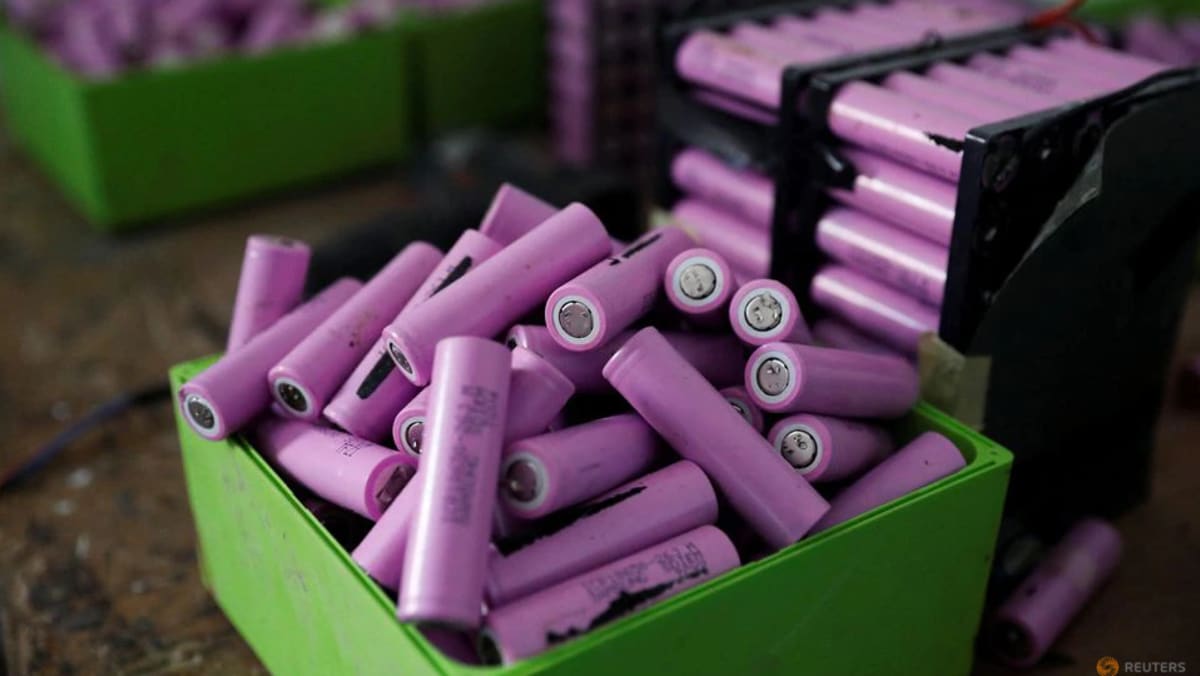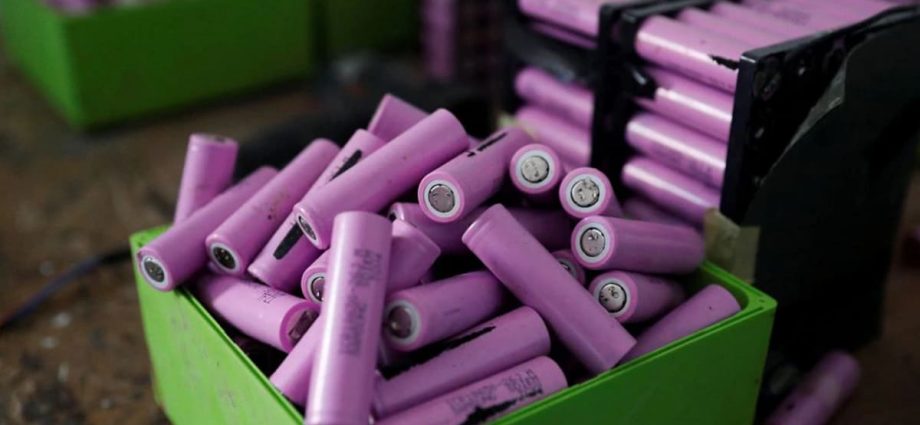
In 2020, a team from NTU successfully extracted more than 90 per cent in weight of precious metals found in processed lithium-ion battery waste using orange peel waste, and made new batteries with these recovered metals.
This method of using fruit peel waste to extract precious metals from battery waste, in place of conventional strong chemicals and acids, is called hydro-organic-metallurgy.
The scientists have since replicated their success in the lab using other types of fruit peel waste, such as the peel of pineapples, pears, and lemons.
Fruit peel is rich in sugars, naturally occurring antioxidants such as flavonoids and phenolic acids, and organic acids – all of which enhances the dissolution and recovery of metals from the battery waste.
The scientists are now looking into the possibility of using other types of biomass waste.
Traditionally, spent batteries are treated using solvents that are strongly corrosive.
However, this method also produces dangerous toxic gases, said experts.

